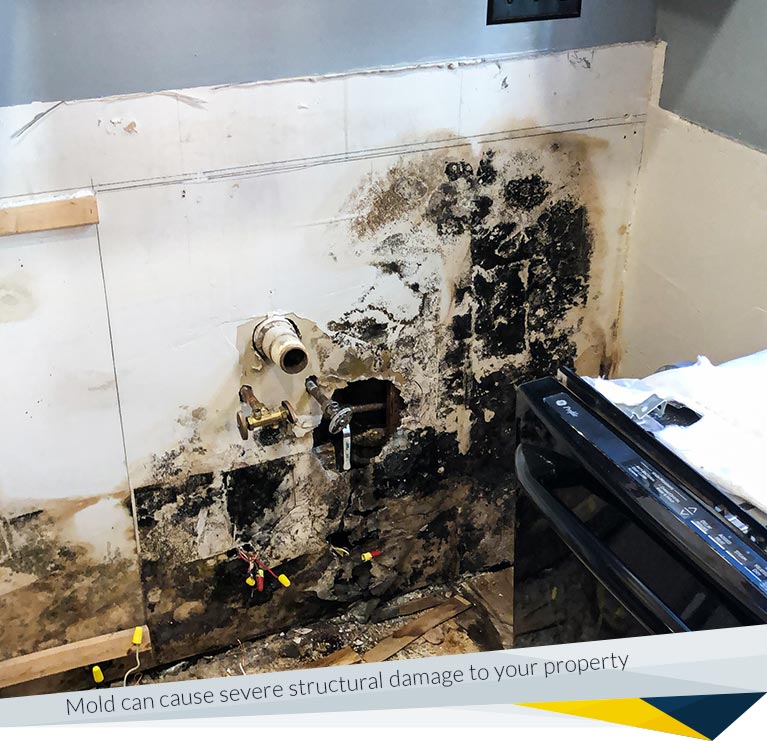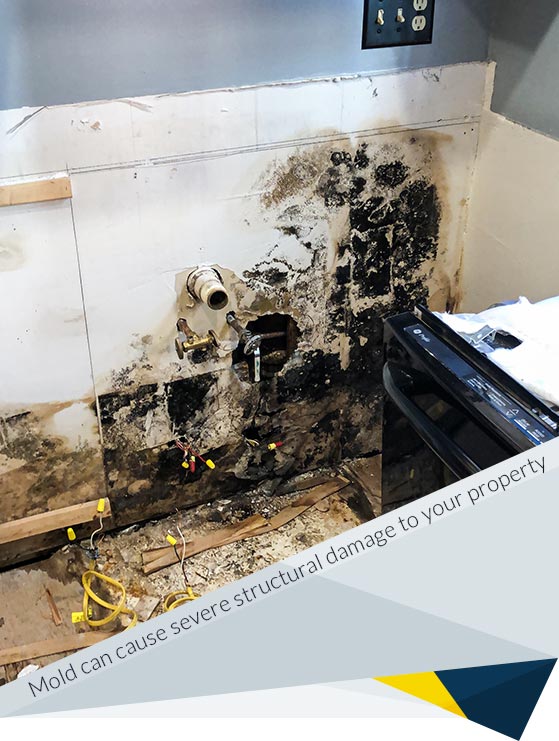
Mold grows in walls and settles there because one of the things it needs to grow is high humidity. Water leaks, leaking pipes, and condensation (more common to windows in winter than to walls), are the most common causes.
When mold is in the walls or behind walls, it becomes tricky to deal with. It might even have been there for some time. Some people might ignore it, thinking what is out of sight won't be a problem but that's actually a dangerous decision. Mold that you can't see is probably riskier than the mold that that you can see. And then there's toxic black mold too.
You might well believe that mold spores are disturbing the quality of your air indoors, causing allergies, because you have become suspicious from the musty smell in certain places of your home.
It is true to say that any damp places in your home, even hidden behind the wall, are prime breeding grounds for mildew, mold and fungus. All these fungi are fine outside but when it comes to the indoors, they can cause health problems.
The best way to confirm your suspicions is to get a professional mold inspection done, especially if toxic mold spores are affecting an area that is over ten square feet. Don't delay though, because costs get greater and the damage more extensive as time goes on.
If the mold is on trims, drywall - "sheetrock", a qualified mold inspector can get to the root cause and extent of the problem. He will take air samples and have them tested at the labs. Sampling is done, first, to confirm your suspicions, and afterward, to verify success after removal.
Don't try and buy a home testing kit to detect mold. They don't do a thorough job, probably only revealing some mold. The kits can't guarantee everything you need to know.

Look, you can do it yourself if it hasn't spread too far, but remember, it might be better to get in the professionals.
To begin with, professionals wear protective gear, like coveralls, protective eyewear, gloves, and waterproof boots. A high quality filtering mask is also required.
In the case of black mold, you will want professionals to check it out for you because mold can even thrive in places you don't frequent a lot. Black mold can even get behind wallpaper; between walls, under damp carpeting; sometimes other places you don't even suspect. Trying to remove it yourself, you could actually put yourself and your family in danger of some serious health problems.
Mold remediation and removal guys are highly experienced in dealing with mold issues, using proper equipment. Their expert, proven methods ensure that the mold is dealt with 100%; no cause for worrying afterward.
Naturally, you will be happy to make every effort to prevent mold growth in the future. This will entail keeping surface moisture and humidity down and tackling the spots as soon as they appear. Actually, it's really impossible to get rid of mold completely, so it's imperative you keep the air clear by replacing air filters often as well.
Do you want the mold removed professionally at your place? Because there are two different ways to consider - mold removal or remediation. There's a difference between the two. If you see businesses that say "mold removal" and they guarantee to remove it all, that's not really true, it's a fallacy.
A mold remediation business like ours knows about mold and mold growth. We will come in and remediate the mold by applying the right antimicrobial applications; using the right equipment. We will contain the area as well, preventing any mold spores from being disturbed. We also will let you know if it is safe for you and your family to still reside at your home while mold removal takes place. Removing mold often means removing significant amounts of walling, floors, and other architectural components.
Avoid risking further damage by taking on the task of drywall water damage repair yourself, let alone the mold.
We have professional equipment; air movers, moisture meters, dehumidifiers, and water extraction heavy-duty equipment to repair and dry the drywall as well as other damp areas around.
Turn it over to us; call us, FDP Mold Remediation on 877-421-2614 Mon-Sun 8AM-8PM; we will certainly be able to de-MOLD your home because our word is gold.



